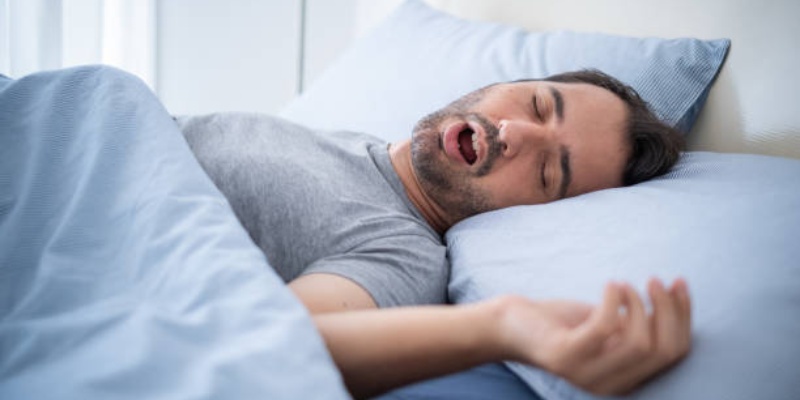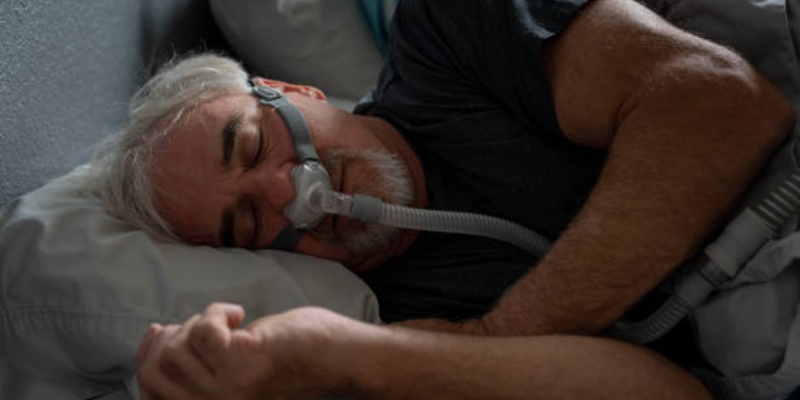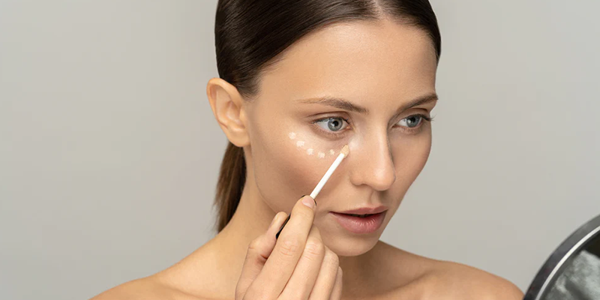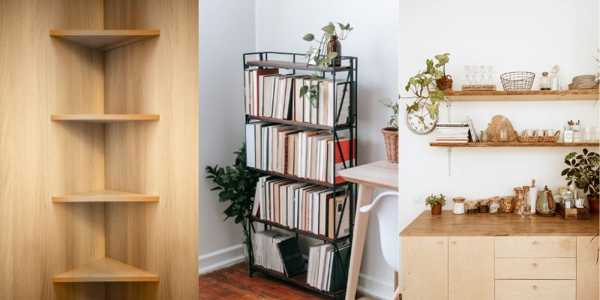You've heard about snoring and daytime sleepiness. However, sleep apnea, a condition where Breathing stops and starts during sleep, can cause more than just noisy nights. I've been researching this topic for years and was shocked to learn how many "mystery" health issues are tied to it. Let's dive into five symptoms you might never connect to sleep apnea—but should.
You've heard about snoring and daytime sleepiness. However, sleep apnea, a condition where Breathing stops and starts during sleep, can cause more than just noisy nights. I've been researching this topic for years and was shocked to learn how many "mystery" health issues are tied to it. Let's dive into five symptoms you might never connect to sleep apnea—but should.
1. Waking Up To Pee All Night
You know that groggy, why-am-I-awake-again? Feeling when you stumble to the bathroom at 3 a.m.? Blame sleep apnea. Every time your Breathing pauses, your body panics and releases Stress hormones. These hormones tell your kidneys to make more urine, turning you into a midnight bathroom regular. I used to think my small bladder was the problem until I learned sleep apnea triggers this chain reaction. Studies show people with severe cases might wake up 5+ times a night—not just to pee, but because their body is fighting to breathe.

2. Grinding Your Teeth Into Dust
Ever wake up with a sore jaw or headaches? You might be clenching or grinding your teeth (bruxism) while you sleep. Sleep apnea forces your body to tense up as it struggles for air, and your jaw muscles bear the brunt. Over time, this wears down teeth, damages fillings, or causes TMJ pain. My dentist once mentioned my teeth looked "flattened" and suggested a nightguard. Fixing my sleep apnea reduced my grinding more than any mouthpiece ever could.
3. Heartburn That Won’t Quit
If you're popping antacids nightly, sleep apnea could be the culprit. When you stop Breathing, pressure changes in your chest, pushing stomach acid into your oesophagus. I'd wake up tasting bile and assume it was just my diet. But sleep apnea disrupts digestion, turning your throat into an acid highway. Treating my apnea didn't just help me breathe—it cut my heartburn episodes by half.
4. Feeling Like Your Brain’s In a Fog
Ever walk into a room and forget why? Or zone out during conversations? Sleep apnea starves your brain of oxygen, messing with focus and memory. I'd joke about "mom's brain," but even simple tasks felt exhausting. Research shows untreated apnea can shrink brain regions tied to learning and memory. After using a CPAP machine, I noticed colours seemed brighter, and decisions felt easier. My brain wasn't just resting—it was healing.
5. Mood Swings That Come Out Of Nowhere
Irritable? Depressed? It's not just Stress. Sleep apnea disrupts REM sleep, the stage where your brain processes emotions. I'd snap at loved ones over tiny things or feel numb all day. Studies link apnea to higher rates of anxiety and depression. Once I started sleeping through the night, my mood swings didn't vanish overnight—but they softened like clouds after a storm.

What To Do If These Symptoms Sound Familiar
If any of these ring a bell, talk to your doctor. They suggest a sleep study (you'll sleep in a lab or use a home monitor). Treatment options include CPAP machines, mouthguards, or lifestyle changes like losing weight. I resisted CPAP for years, but once I tried it, I realized how much better life could feel. Don't wait—your body (and brain) will thank you.
- Share this article:
-
![How To Make Your Foundation Last All Day – No Touch-Ups Needed!]() Beauty
Beauty - How To Make Your Foundation Last All Day – No Touch-Ups Needed!Does your foundation melt by midday? If you struggle with oily skin, humidity, or lack of touch-ups, it's time to try the right products and techniques. These expert tips will help keep your foundation smooth and lasting all day, regardless of skin type.
-
![Smart Storage Hacks: How to Maximize Space in Every Room]() Home & Garden
Home & Garden - Smart Storage Hacks: How to Maximize Space in Every RoomDoes your home feel smaller over time? Despite careful organization, your space still seems cramped. Smart storage solutions can help, whether you're in a small apartment or a large house. With minimal cost and no major renovations, optimizing space distribution can create a functional, stylish, and organized living area.








